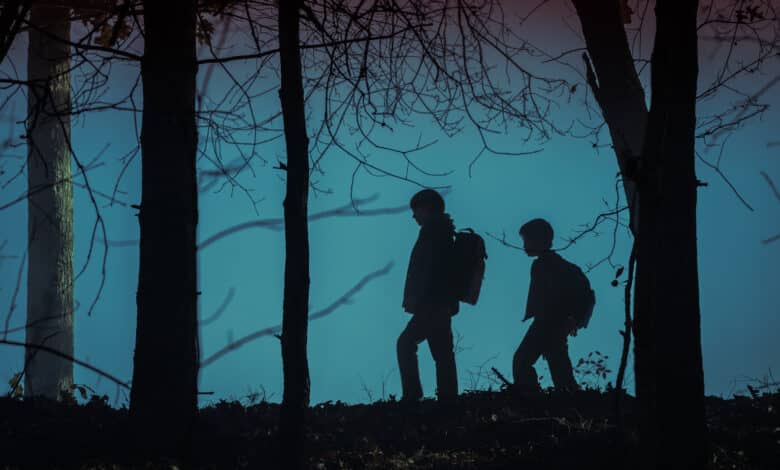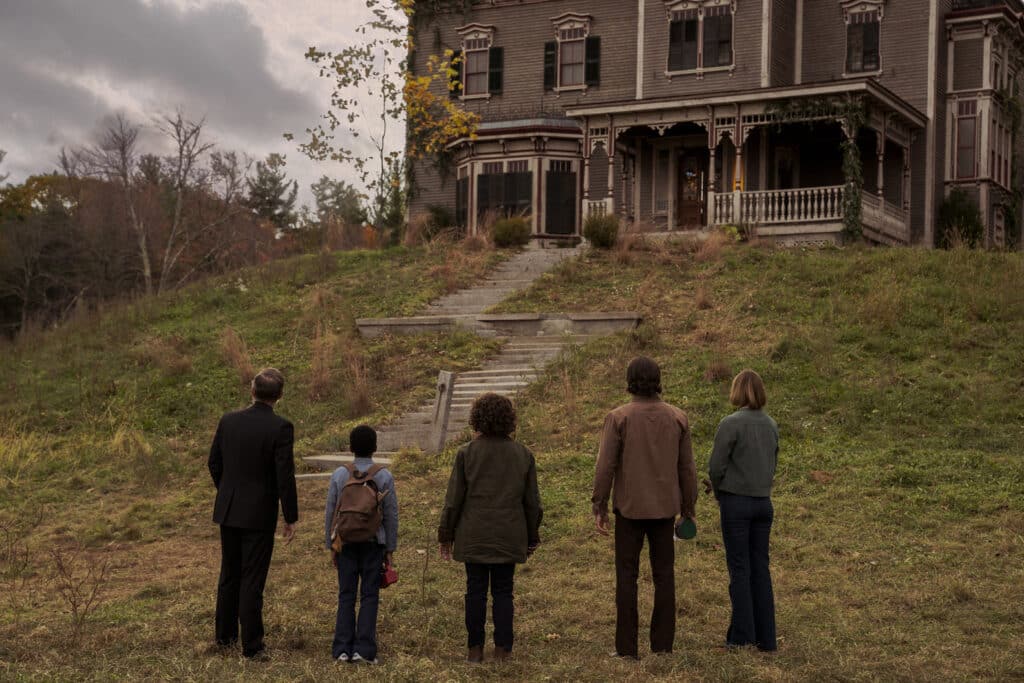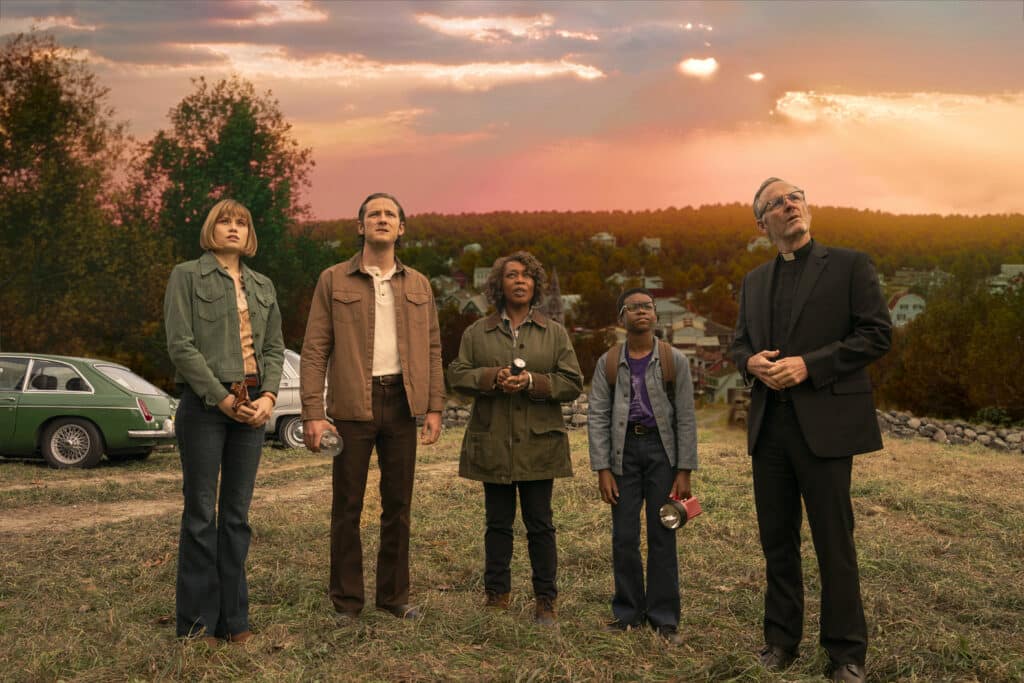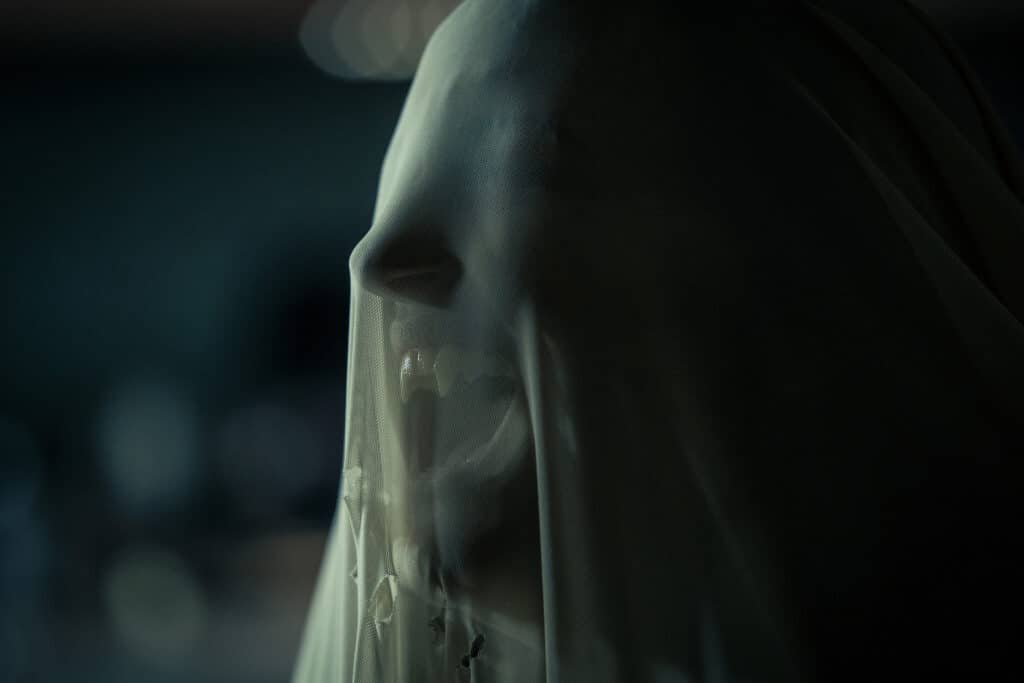
Salem’s Lot has long held a special place in the hearts of horror fans, largely due to Stephen King’s masterful storytelling. The tale of a small New England town slowly consumed by an ancient vampire, its residents oblivious until it’s too late, is a rich narrative that blends dread with deep, human drama. The novel remains a favorite for many, and Tobe Hooper’s 1979 TV adaptation captured some of its magic with scenes that have since become iconic. Unfortunately, Gary Dauberman’s 2024 film adaptation, despite its potential, falls short in several key areas, leaving audiences with a mixed experience that ultimately doesn’t do justice to King’s world.
Right off the bat, the film stumbles by rushing through one of the most critical elements of both the novel and the earlier adaptations: the town itself. In King’s book, Jerusalem’s Lot is a character unto itself, a small town filled with colorful residents whose lives are shattered by the encroaching darkness. The film, however, skips over this crucial buildup, immediately thrusting us into the vampire plot without giving us the chance to truly know or care about the people we’re supposed to fear for. This decision sacrifices the slow-burning tension that made the original so gripping.
One of the film’s few redeeming qualities is its return to the 1970s setting, which grounds it in the same era as the novel. The retro atmosphere helps create a sense of nostalgia for long-time fans, even if the execution is less than satisfying. The scares, which fans of the earlier adaptations remember vividly—like the Glick brothers floating outside a window—are notably less effective here. In fact, many of the most iconic scenes feel toothless compared to their predecessors, with the film favoring quick jump scares over the drawn-out suspense that would have served it better.

The cast, while talented, doesn’t get enough material to work with. Lewis Pullman’s Ben Mears is adequate but underdeveloped, much like the rest of the film’s central characters. Susan Norton, played by Makenzie Leigh, feels more like an afterthought than a love interest, and her romance with Ben is so undercooked that it barely registers, making her transformation into a vampire less impactful. Even the great Alfre Woodard, cast as the town doctor, is criminally underused, a missed opportunity given her acting prowess.
One bright spot in this murky adaptation is Jordan Preston Carter’s portrayal of Mark Petrie, the young boy who discovers the truth about the vampires and takes matters into his own hands. Mark is brave, resourceful, and compelling, and his determination to fight back is one of the film’s highlights. Dauberman’s decision to depict him as a true child, rather than an angsty teen, adds a layer of authenticity that resonates. His character doesn’t fall into tired racial tropes, either—a refreshing change for a horror film—but his story arc isn’t enough to carry the film.
The vampires themselves are hit or miss. On the one hand, they’re genuinely menacing—there’s a brutality to them that has been missing in recent vampire films. However, any tension they create is undermined by puzzling directorial choices, such as glowing crosses signaling their presence, which takes away from the creeping dread and makes the danger feel too telegraphed.

Where the film really struggles is in balancing its ensemble cast with the overarching plot. By aiming for an ensemble piece, Salem’s Lot tries to invest in several characters early on but doesn’t stick the landing. The rushed pace, combined with a lack of focus on the emotional depth of the town’s residents, leaves the film feeling hollow. A longer format, such as a miniseries, would have allowed for the rich storytelling that the novel demands, but the streamlined approach here feels like an unfortunate compromise.
In the end, Dauberman’s Salem’s Lot has its moments of tension and some visually striking scenes, but it’s bogged down by its reluctance to fully commit to the creeping fear and character development that made the original story so effective. It’s a film that flirts with greatness but never fully delivers, leaving audiences with a decent but ultimately forgettable adaptation of a horror classic.
For fans of Stephen King, the movie offers enough to warrant a watch, particularly for those curious to see how this version compares to previous adaptations. But for those hoping for a true return to form, this Salem’s Lot may leave you feeling like it missed the mark.

2/5 Stars




